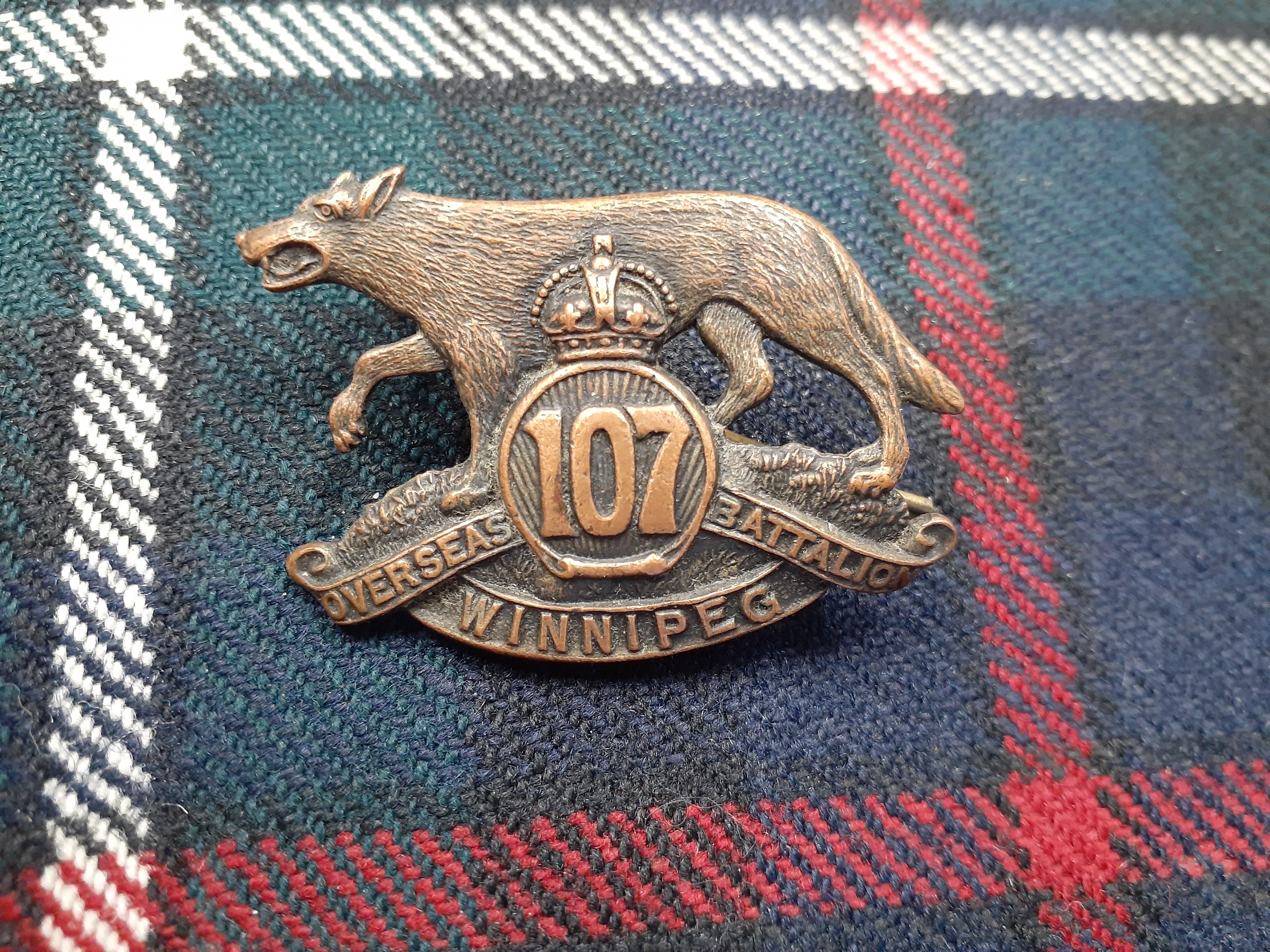List
10 Indigenous Firsts in Canada
Indigenous peoples have contributed greatly to Canadian society, culture and politics. Despite facing discrimination, racial segregation and policies of assimilation, Indigenous peoples have fought to make this country a better place for all, and to protect their own Indigenous cultures. From leaders in the fields of medicine and law, to war veterans, chiefs and politicians, many Indigenous peoples have risen to the top of their respective fields, championing a variety of causes. This list of 10 Indigenous “firsts” celebrates those trailblazers who were the first in their profession to make historic accomplishments in Canada.








